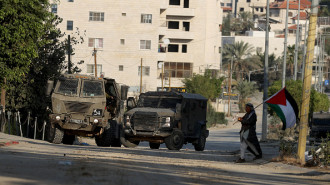Badr Organisation militia to form party for Iraq elections
Badr Organisation militia to form party for Iraq elections
After helping defeat IS, Iraq's largest militia the Badr Organisation is setting its eyes on political influence with next year's elections, which could further enforce Iranian influence in the country.
2 min read
Amiri is the commander of the Badr Organisation [AFP]
Iraq's largest militia group the Badr Organisation is establishing a political coalition to take part in next year's elections, local media have reported.
Badr Organisation leader Hadi al-Amiri is reportedly in talks with other groups on establishing an alliance called Mujahideen, which will compete in general elections scheduled for March.
"The identity of this alliance has not been revealed yet. We are waiting for the secretary general of the Badr Organisation Hadi al-Amiri to declare it," Karim Nuri, a leading member of the group told Iraqi-Kurdish news agency Rudaw.
Badr Organisation is the largest Shia militia group in the government's Popular Mobilisation Forces paramilitary force and has taken a leading role in the fightback against the Islamic State group.
But the group has a notorious reputation after taking part in the bloody communal violence that shaped the years after the US-led invasion of Iraq in 2003 and said to be responsible for the murder, torture and disappearances of thousands of Sunni Iraqi civilians.
Badr Organisation has also been criticised by the US of being an arm of Iran in Iraq and killing American soldiers during the post-2003 insurgency.
More recently, human rights groups have accused the militia of murdering civilians and ethnic cleansing during the government's defeat of the Islamic State group in northern and western Iraq.
This has led Prime Minister Haider al-Abadi to announce a ban on militia leaders taking part in elections and said Hashd al-Shaabi could only take part in politics if they lay down their weapons.
But members of the Badr Organisation have played held government posts and their entrenched power under the Popular Mobilisation Forces umbrella means the militia is one of the most powerful groups in the country.
One possible option for political power would be to ally with former Prime Minister Nouri al-Maliki although the Badr Organisation source said this is not likely to happen.
"We will in no way ally with [Maliki's] State of Law. This matter has been settled. There is no political or moral commitment between us. That is, we might not necessarily form an alliance with them again. This depends on political situations," Nuri said.
Badr Organisation leader Hadi al-Amiri is reportedly in talks with other groups on establishing an alliance called Mujahideen, which will compete in general elections scheduled for March.
"The identity of this alliance has not been revealed yet. We are waiting for the secretary general of the Badr Organisation Hadi al-Amiri to declare it," Karim Nuri, a leading member of the group told Iraqi-Kurdish news agency Rudaw.
Badr Organisation is the largest Shia militia group in the government's Popular Mobilisation Forces paramilitary force and has taken a leading role in the fightback against the Islamic State group.
But the group has a notorious reputation after taking part in the bloody communal violence that shaped the years after the US-led invasion of Iraq in 2003 and said to be responsible for the murder, torture and disappearances of thousands of Sunni Iraqi civilians.
Badr Organisation has also been criticised by the US of being an arm of Iran in Iraq and killing American soldiers during the post-2003 insurgency.
More recently, human rights groups have accused the militia of murdering civilians and ethnic cleansing during the government's defeat of the Islamic State group in northern and western Iraq.
This has led Prime Minister Haider al-Abadi to announce a ban on militia leaders taking part in elections and said Hashd al-Shaabi could only take part in politics if they lay down their weapons.
But members of the Badr Organisation have played held government posts and their entrenched power under the Popular Mobilisation Forces umbrella means the militia is one of the most powerful groups in the country.
One possible option for political power would be to ally with former Prime Minister Nouri al-Maliki although the Badr Organisation source said this is not likely to happen.
"We will in no way ally with [Maliki's] State of Law. This matter has been settled. There is no political or moral commitment between us. That is, we might not necessarily form an alliance with them again. This depends on political situations," Nuri said.

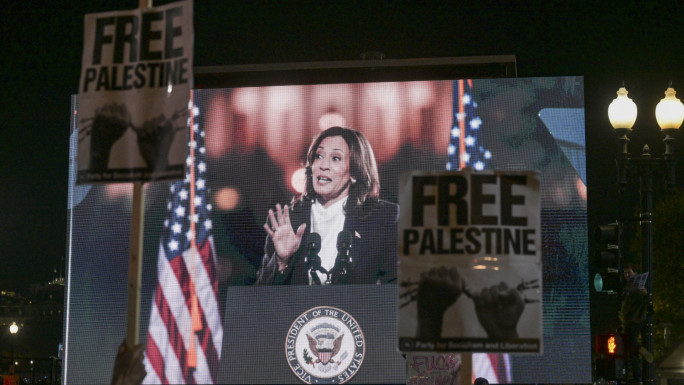
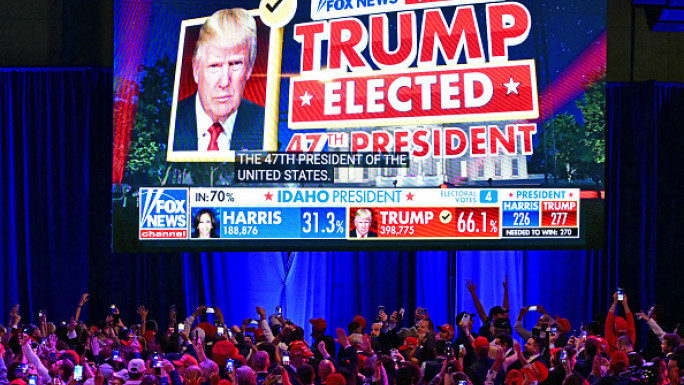
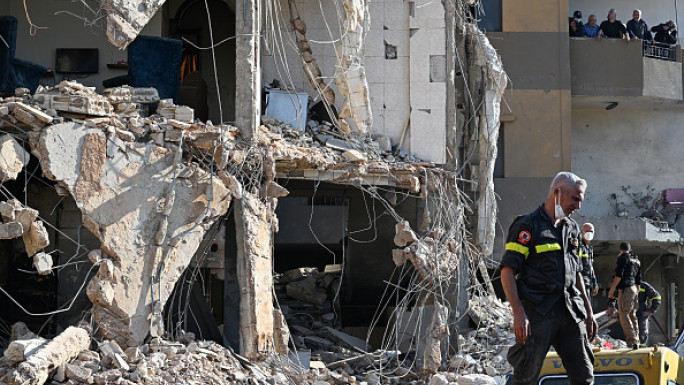
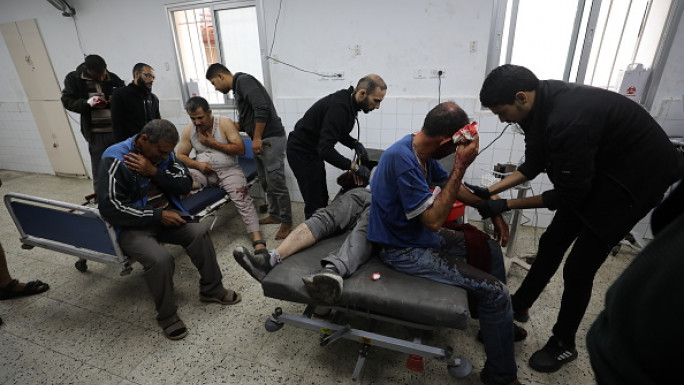
 Follow the Middle East's top stories in English at The New Arab on Google News
Follow the Middle East's top stories in English at The New Arab on Google News
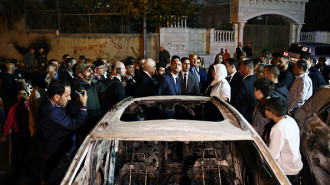
![French Foreign Minister Jean-Noel Barrot [Getty]](/sites/default/files/styles/image_330x185/public/2182722851.jpeg?h=a5f2f23a&itok=UD_yRfLZ)
